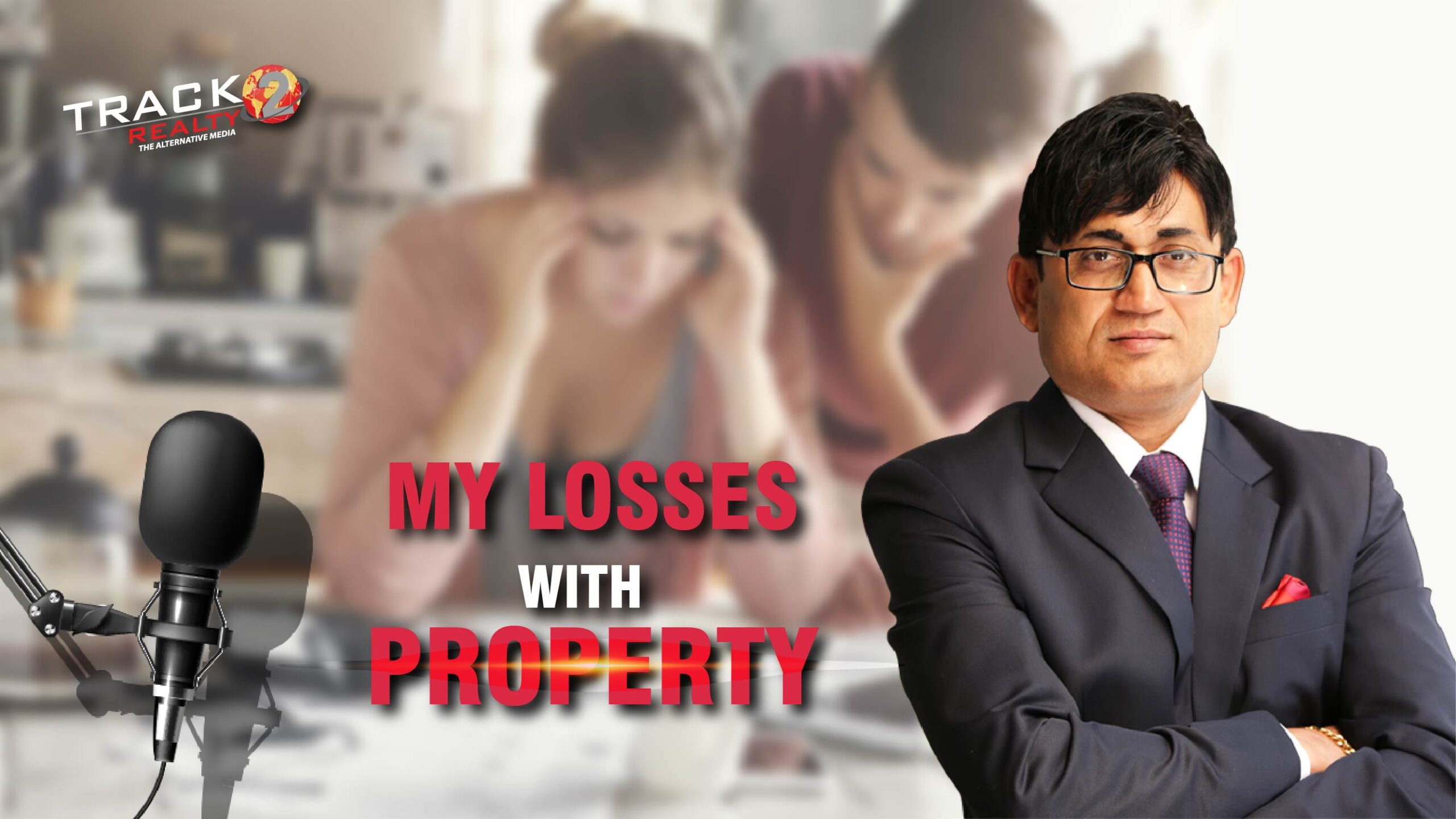Mother’s Day & property market! The topic has been debated the world over and it has mostly revolved around whether a house could be a perfect Mother’s Day gift. Or else whether one should buy a house near mother’s place. However, mother as a factor in the property world is not just confined to a limited scope of her being a recipient or just an emotional comforting factor. In fact, she has always been an influencer and with economic independence is fast emerging as a catalyst to property buying. On this Mother’s Day Track2Realty explores as to how much the mom factor is “the factor” in the property market.
“When you ask me what is the corelation of property buying with my motherhood, I actually get amused. The question is borne out of the fact that many reports, of late, have only talked about women deferring marriage for asset building with property acquisition. But wait! Property buying has always been about mothers’ quest for social security of children since time immemorial. I learnt it with my mother in my teens. She was a great saver for the sole purpose of buying a house before my father got retired and we had to vacate the official accommodation,” says Vineeta Raghav, a mother of two young kids.
What Vineeta says about the role of mothers in house purchase is a reality across the societies of the world, with India being no exception. As a matter of fact, mothers’ role in the property market is even more profound in India as there is a cultural context to it. While the popular narrative might be all about the young property buyers, women included, before the marriage, a closer look at the buyers’ profile across the country suggests that nowadays women plan their motherhood along with a place of one’s own.
It is hence no surprise that eight out of ten home buyers across the top 10 property markets of India buy a house within the first ten years of marriage when they have one or two kids and quest is not only for the social security but social respectability that comes with one’s own house.
Some of the highlights of mothers’ contribution into property market are:
Mothers are biggest influencers and/or catalysts to home buying
A mother is an owner/co-owner in eight out of 10 homes being sold
Indian mothers perceive a piece of property as biggest social security
Seven out of 10 mothers would give up gold for a piece of property
Mothers far outnumber single women in property purchase
Most of the working mothers have more than one property
Indian mothers gradually opening up to the idea of commercial property as well
Homes account for nearly 60% net-worth of single mothers
Source: Track2Realty Market Survey
It is needless to mention here that the best instrument of social security and emotional comfort in this part of the world is to have a house of one’s own. With mothers being the home makers or the custodians of the home, her role is increasingly getting more prominent.
Most of the industry stakeholders agree that a piece of property is what a mother finds comforting for the children. Even when she can’t afford to buy a house outrightly, she would prefer to have it by proxy through new property investment tools. Commercial property is hence gaining ground among the small-ticket investing mothers.
Shiv Parekh, Founder & CEO of hBits feels it is also a part of their retirement planning. He says a mother’s duty never ends but as much as they care about everyone else, it’s also important that they prioritize their own wellbeing too. For working mothers, balancing professional life with family duties is a constant juggling act. In this dynamic, retirement planning is not just important, but necessary for securing their future. Investments in fractional ownership offer an accessible entry point into real estate investment, enabling them to diversify their portfolios. By investing in Real Estate Investment Trusts (REITs), particularly SM- REITs, working mothers can get good returns in the long term.
“Commercial real estate, which has seen a 15% appreciation over three years, allows flexibility and reduces the financial burden which is linked with traditional real estate investments. It provides consistent income, asset security, liquidity, tax advantages, and ease of ownership, making it an attractive investment in real estate. Working mothers can start small and gradually increase their holdings over time, all while benefiting from potential appreciation and rental income. With the investment ticket size now proposed to be lowered to as low as INR 10 lakh (1 million), real estate investment presents a significant opportunity especially for the Indian middle-class women. It’s a strategic approach that ensures financial security without sacrificing their dedication to family and career,” says Parekh.
Shalini Awasthi, a mother of new-born echoes the sentiments when she says that even though she can’t afford to buy a house immediately, she has plans to invest in a commercial space with a lower ticket size. According to her, property is the best suited asset class and the appreciation of the commercial asset would eventually help her to buy a house when she disposes of that property in the next few years. It could also serve her other objectives.
“I am not a gold person; I also understand that bank fixed deposits are offering lower interest than the inflation. So, what are my options to secure the future of the child, be it in terms of buying a house or having a commercial space, proceeds of which could be used for the higher studies of my daughter. It is not just about the sentiments of having a house of my own that is driving me to the property market, but also the social security factor,” says Shalini.
The role of women home buyers in general has been thoroughly discussed in the Indian property market. The role of mothers in particular has not got its due prominence since they are mostly seen as co-owners of the property along with the husbands. However, over and above the fact that mothers have been influencers in home buying, nowadays they are the major catalysts with their financial independence. Working mothers and single mothers are no less active in property buying than single women.
Ravi Sinha
#RaviTrack2Media
Ravi Sinha is a journalist with over two decades of cross-discipline media exposure. He is the CEO of real estate thinktank group Track2Realty. He has been writing extensively on the real estate sector for more than a decade now. Evaluation of real estate brand performance is his core domain expertise and he has immense insight into consumers’ psychograph. He has conceptualised Track2Realty BrandXReport as India’s 1st & only objective & non-paid brand rating journal that is industry-accepted benchmark of brand equity & ranking of the Indian real estate companies.
Track2Realty is an independent media group managed by a consortium of journalists. Starting as the first e-newspaper in the Indian real estate sector in 2011, the group has today evolved as a think-tank on the sector with specialized research reports and rating & ranking. We are editorially independent and free from commercial bias and/or influenced by investors or shareholders. Our editorial team has no clash of interest in practicing high quality journalism that is free, frank & fearless.
Subscribe our YouTube Channel @ https://bit.ly/2tDugGl





